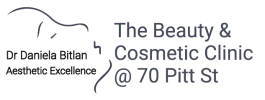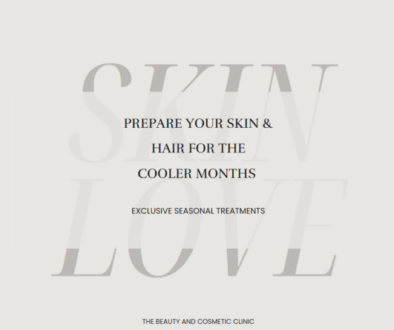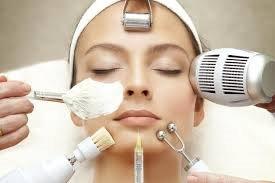We need safe cosmetics reform now!
We need safe cosmetics reform now!
Mercury in mascara? Lead in lipstick? Scientific studies have shown that many common personal care products contain dangerous chemicals. EWG’s Skin DeepCosmetics Database evaluates nearly 80,000 personal care products and close to 10,000 ingredients in these consumer products.
Chemicals in cosmetics are largely untested and unregulated, which is why EWG has been advocating cosmetic safety reform for nearly 10 years.
Most consumers assume that the government has their backs when it comes to the safety of the 12 or so personal care products they use each day. The shocking truth is that under current law, companies do not have to show cosmetic ingredients are safe before they go on the market.
What goes on our skin is often absorbed into our bodies, and that’s certainly the case with chemicals in personal care products. EWG’s 2008 teen body burden studyfound an average of 13 cosmetics chemicals in the bodies of teenage girls. Among them were phthalates, triclosan, parabens and musks – all of which have been found to alter the hormonal system. EWG’s groundbreaking tests in 2004 and 2009 found the same hormone-disrupting cosmetics ingredients in the umbilical cord blood of newborn babies. This research clearly documented in utero exposure to these cosmetic ingredients.
The law that governs cosmetics has not been updated since its enactment in 1938. Under the current system, the industry mostly regulates itself. Its scientific review panel, set up in 1978, has deemed only 11 ingredients unsafe for cosmetics. By contrast, the European Union’s regulatory framework and independent review process have restricted the use of more than 1,000 ingredients in cosmetics.
We need to reform our broken cosmetics law. On March 21, Reps. Jan Schwakosky (D-Ill.) and Ed Markey (D-Mass.) introduced H.R 1385, the Safe Cosmetics Act of 2013. This legislation would: 1) require pre-market safety assessment of cosmetics to the gold standard of “reasonability of no harm ” to protect vulnerable populations like children and the elderly; 2) establish a list of ingredients, such as carcinogens and reproductive toxins, that could never be used in cosmetics; 3) authorize the federal Food and Drug Administration to move swiftly to take unsafe products ingredients off the market; and 4) require full disclosure of ingredients used in cosmetics. This bill is an important step in making the personal care products safer




